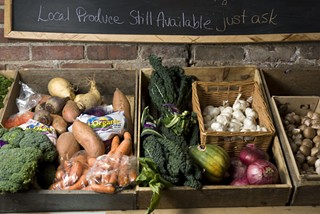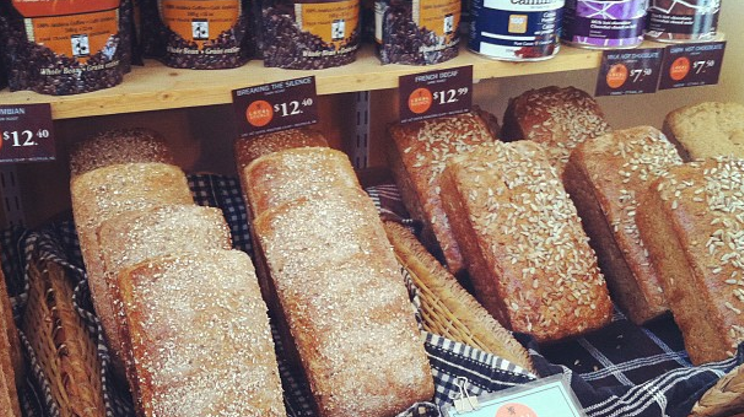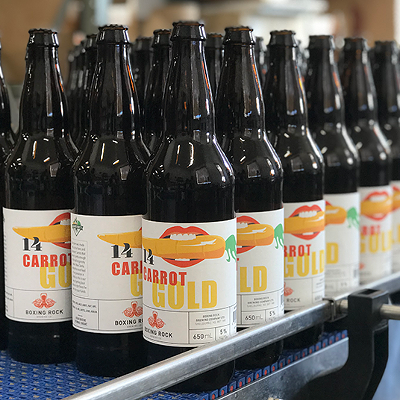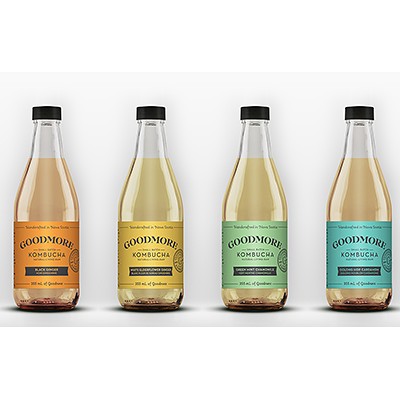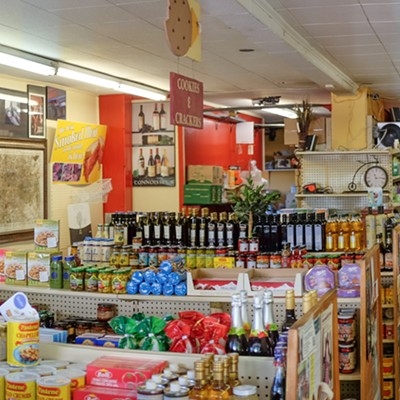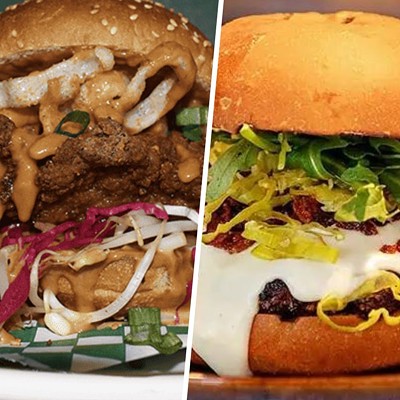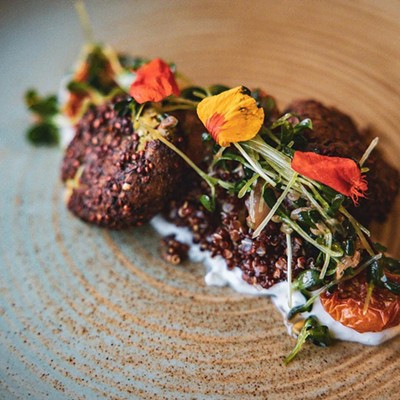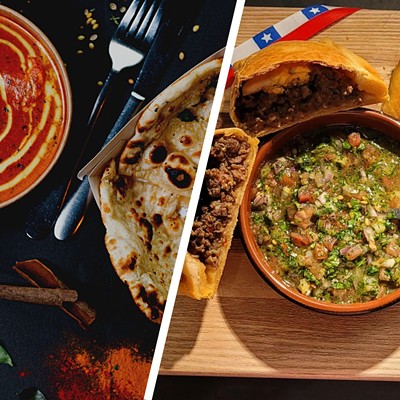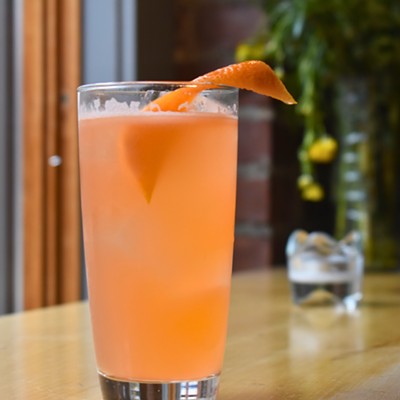"Garlic, potatoes, onions, carrots, beets." Geordie Ouchterlony lists the organic vegetables he can't get locally: "Turnips. Squash, beans...I mean beans, it's something that's really easy to grow here. There were no more in November."
Ouchterlony owns Home Grown Organic Foods, a home-delivery food service which does its best to sell local organic produce. Right now, most of the organic produce he sells and delivers in his boxes is imported. His dogma box, which features only locally grown organic produce, "would contain apples and carrots at this point."
"The things I've mentioned are staple crops that are typically in good supply." He says demand is up so much that, combined with some crop failures, there's almost no local vegetables left. This year, vegetables that usually run out just before spring have been gone for months. "This is the first year we've seen it so bad," he says.
It's not just Ouchterlony who's seeing a short supply. Sean Gallagher, who runs Local Source Market, says local organic produce has gone from a "fringe thing to the mainstream. People want better food and a better connection to the land."
At least a few conventional farmers agree. Last year, Patricia Bishop, whose family has run Noggins Corner Farm non-organically since Bishops first settled there in 1760, bought a 20-acre certified organic farm in the Annapolis Valley with her husband Josh.
As president of the Kings County Federation of Agriculture, she's excited to see consumers move towards organic consumption. "It's really great that there is a demand for products. There are lots of opportunities for farmers to diversify into organic and to communicate they're paying close attention."
However, what retailers might not understand, Bishop says, is that along with the organic lifestyle comes a more community-based marketing system. Many small farmers sell their produce on their own, bypass ing retailers like Gallagher or Ouchterlony.
"I do think there are farmers that have stock, but they're saving it for farmers' markets. They'll opt to hang on to them throughout the winter and get a higher price."
When Bishop's organic crop comes in, she won't sell to local retailers. She'll hand-deliver 100 "shares" of her harvest to customers in the Valley and in Halifax. She's already signed 25 customers to her community-supported agriculture (CSA) program.
Jamie Coughlan, a business development specialist with the province's Department of Agriculture, expects the number of CSAs in the province to double. He hosted a CSA workshop at last week's Atlantic Canadian Organic Regional Network conference expecting 50 participants; 100 showed up.
"We're in the midst of a transition," he says. "Right now, we have a shortage of new, sustainable farmers. But the CSA route isn't an easy route for new farmers, because you take people's money up front" as a pre-paid share of the harvest. "You have to know what you're doing."
Lydia Pedri is a new farmer. "There are not that many kids raised on farms who are taking on farms any more," says Pedri. "People like me are just interested in it, but we have to start from the ground up." The 25-year-old farms organically on borrowed space, recently bought 12.5 acres of her own and works at Local Source. She'll sell part of her produce to Local Source and market the rest through a food-box system, using her produce exclusively.
That's why self-marketing by farmers doesn't concern Gallagher. He's already planning two years ahead with small farmers who don't have the time or inclination to sell their own produce.
"Hopefully (small farmers) get better at their jobs and I'll just take whatever is extra from the big farmers," he says. "I'm happy to cultivate relationships on both levels."
How do you buy local? Tell thecoast.ca.

